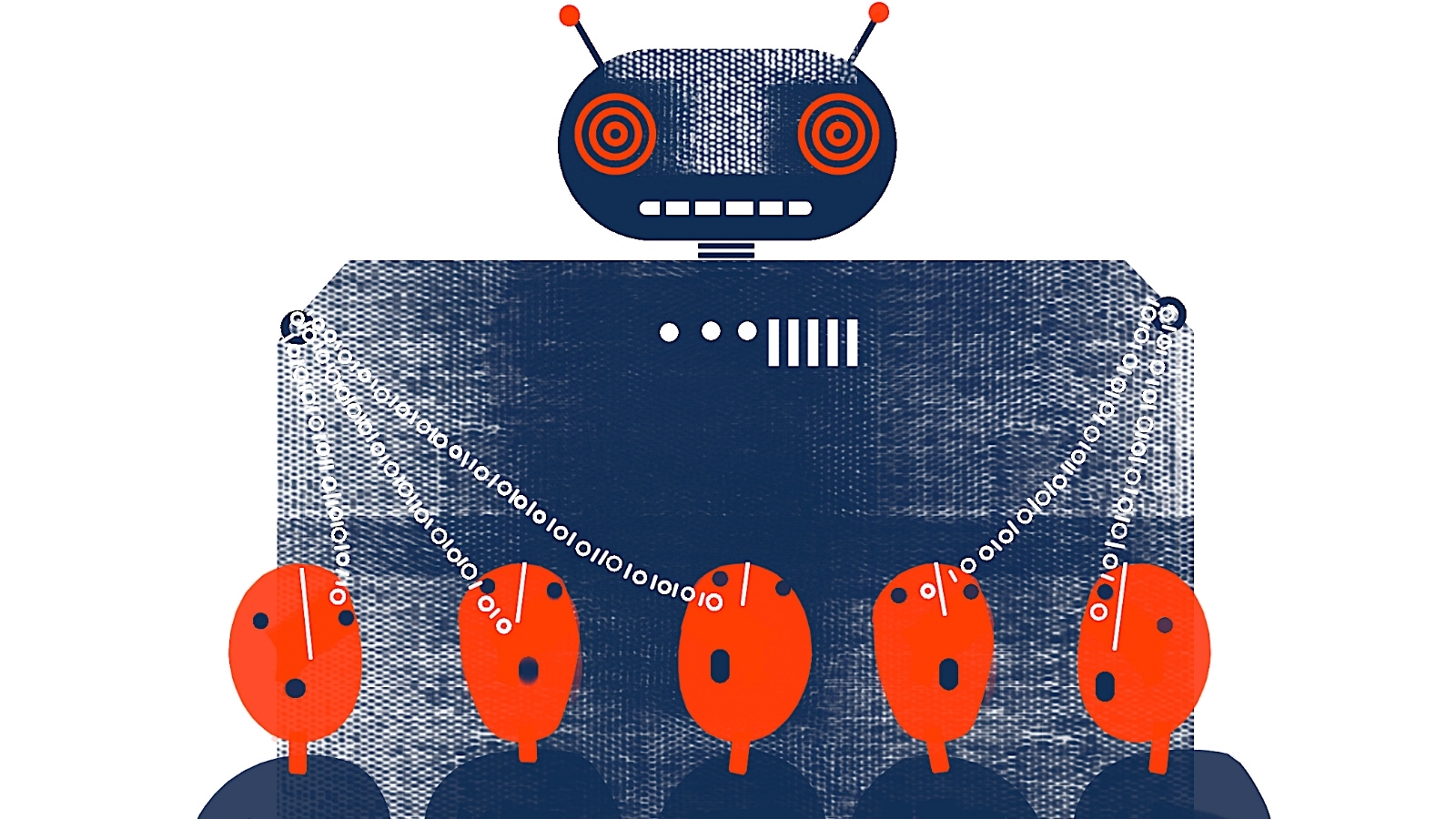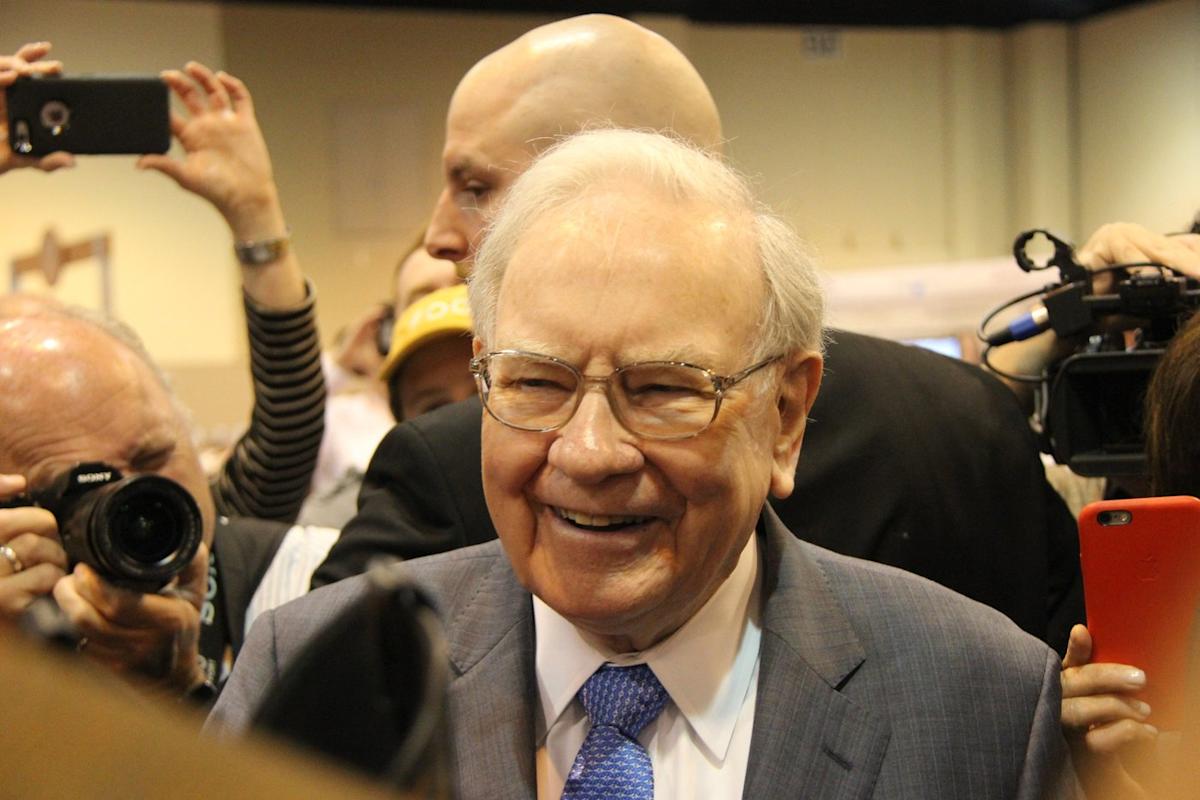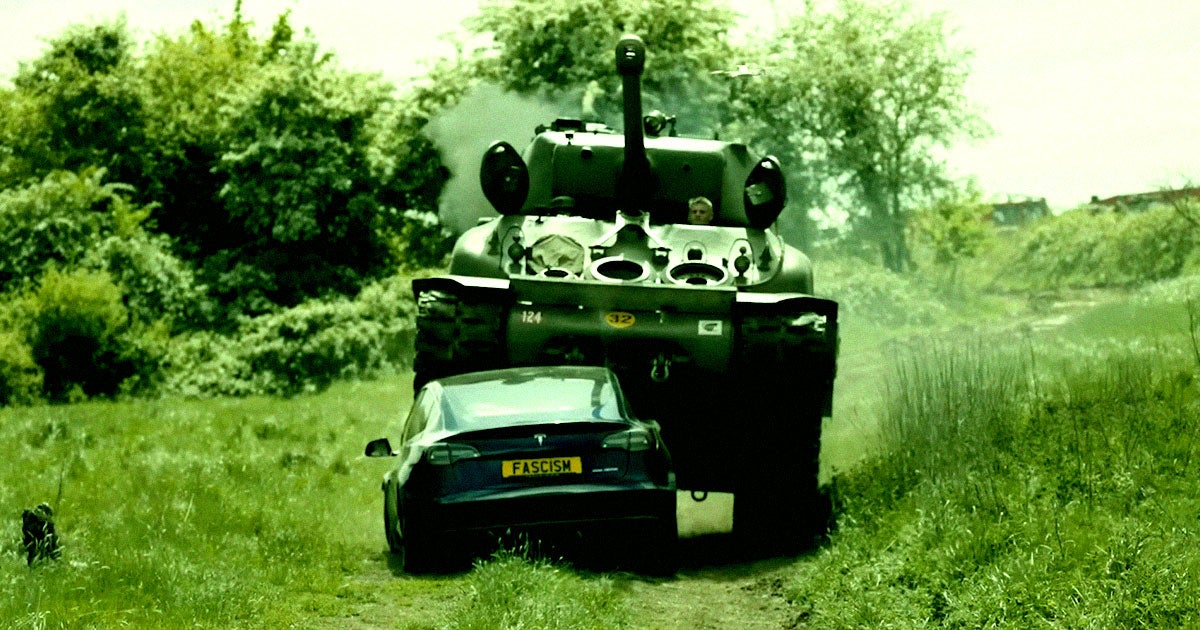
In an age of technological convenience and instant gratification, concerns are mounting about a cultural shift toward intellectual complacency. With artificial intelligence (AI) tools and platforms like Instagram Reels shaping how people consume and produce content, some observers argue that authentic creativity and critical thinking are on the decline.
At the heart of this debate is the growing tendency of individuals to rely on AI for content creation—often copying or imitating existing works, sometimes without attribution. This phenomenon, sometimes referred to as ‘cogging’, highlights a troubling trend: originality is being replaced by algorithm-influenced outputs and echo-chamber entertainment. Social media’s short-form video content reinforces this, rewarding users for mimicry and fleeting virality rather than depth or innovation.
Critics suggest that this pattern fosters a shallower intellectual environment. With AI tools simplifying tasks such as writing, designing, or even thinking through problems, and social networking sites encouraging passive consumption, people may be becoming less mentally engaged, more performative, and less interesting in interpersonal settings.
The concern is not with the tools themselves, which offer powerful ways to support human creativity and productivity, but with how they are used. When technology becomes a crutch rather than a complement to human thinking, it risks diluting artistic and intellectual efforts.
To counter this trend, educators, platforms, and creators are being encouraged to promote original thought, prioritize critical engagement, and use AI responsibly—ensuring that these tools enhance rather than replace the creative process. Ultimately, the ‘endgame’ of current digital habits may depend on society’s ability to strike a thoughtful balance between convenience and creativity.
Source: https:// – Courtesy of the original publisher.








